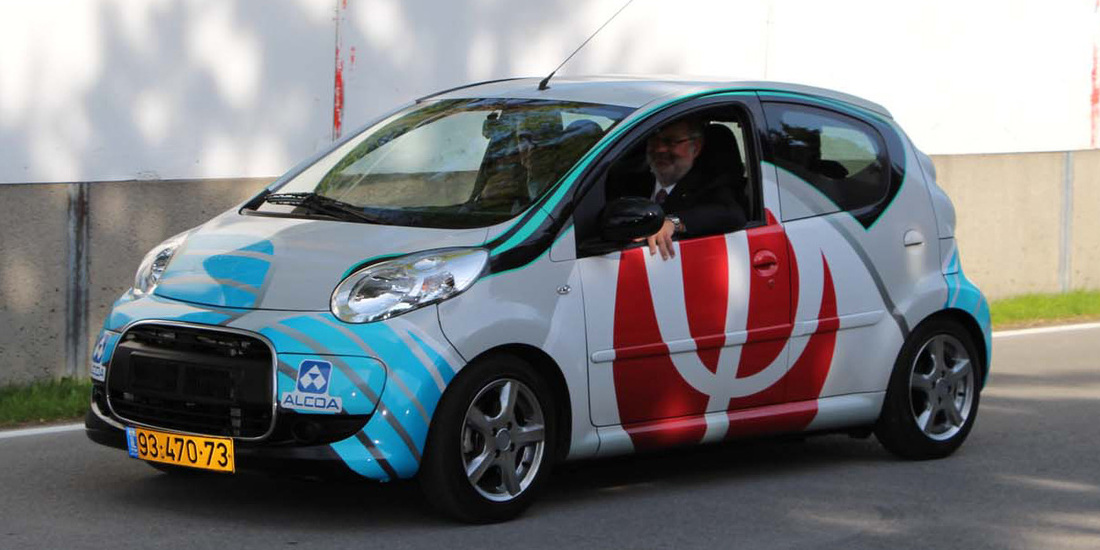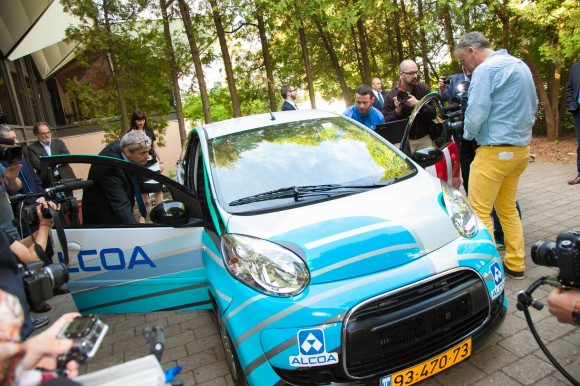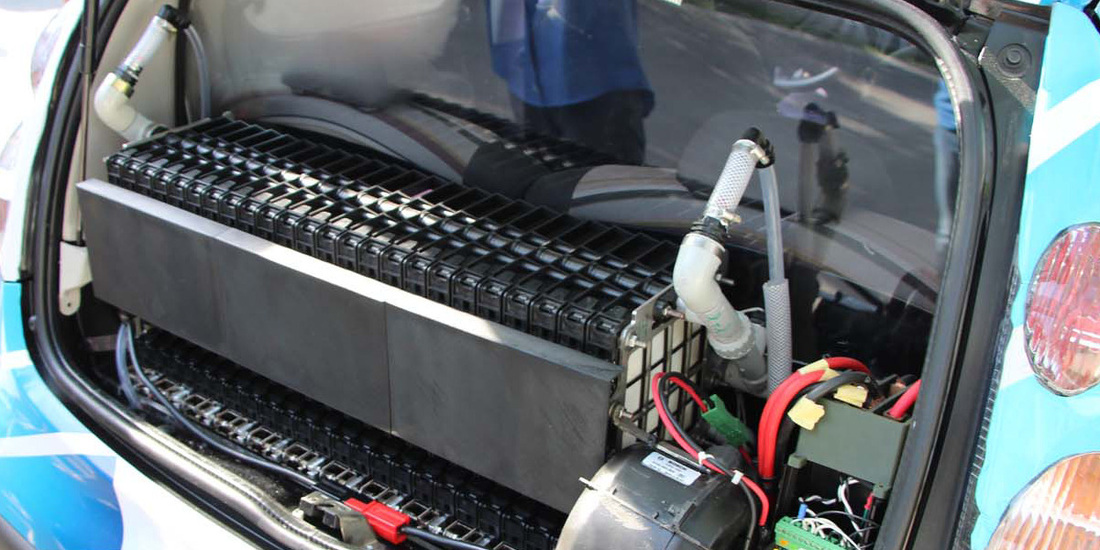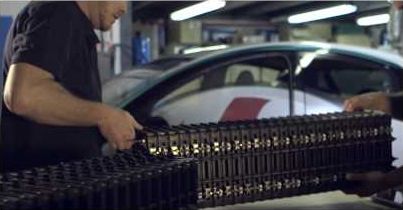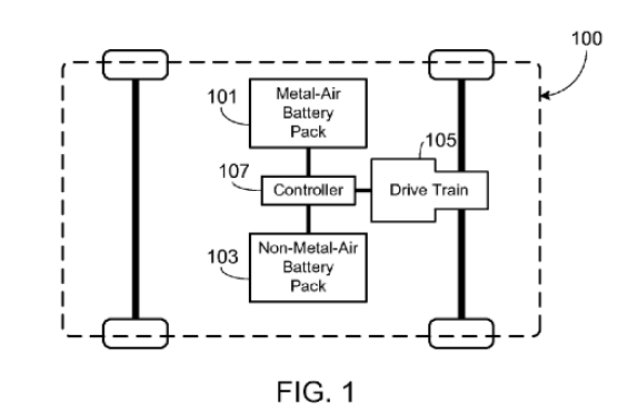Well, the development of this technology has been announced at the Advanced Automotive Battery Conference in Atlanta, that the companies are collaborating on new materials, processes and components to commercialize the aluminum-air battery, which can extend electric vehicle range by 1,000 miles
The thought of an electric car making a 19-hour, 1,800-kilometre run without having to stop for a recharge is kind of unbelievable even for most electric car fans.
Presently only the most expensive Tesla Model can reach 480 kilometers while the rest can go about one fourth that distance.
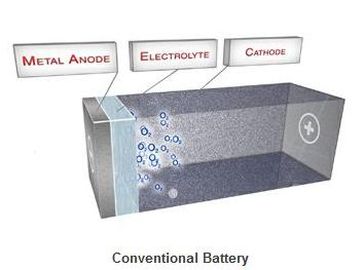
According to Alcoa, car owners need to refill the aluminum air battery with tap water every month or two to feed the chemical reaction, like every time you top up your wiper fluid.
The spent batteries would be replaced with charged batteries during a "quick operation" at a local service station. Around the time to change your breaks pads and check if your tyre needs to be changed or aligned.
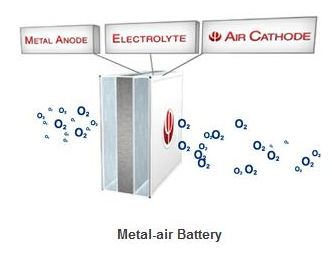
A power source comprised of a first battery pack (e.g., a non-metal-air battery pack) and a second battery pack (e.g., a metal-air battery pack) is provided, wherein the second battery pack is only used as required by the state-of-charge (SOC) of the first battery pack or as a result of the user selecting an extended range mode of operation. Minimizing use of the second battery pack prevents it from undergoing unnecessary, and potentially lifetime limiting, charge cycles. The second battery pack may be used to charge the first battery pack or used in combination with the first battery pack to supply operational power to the electric vehicle.

